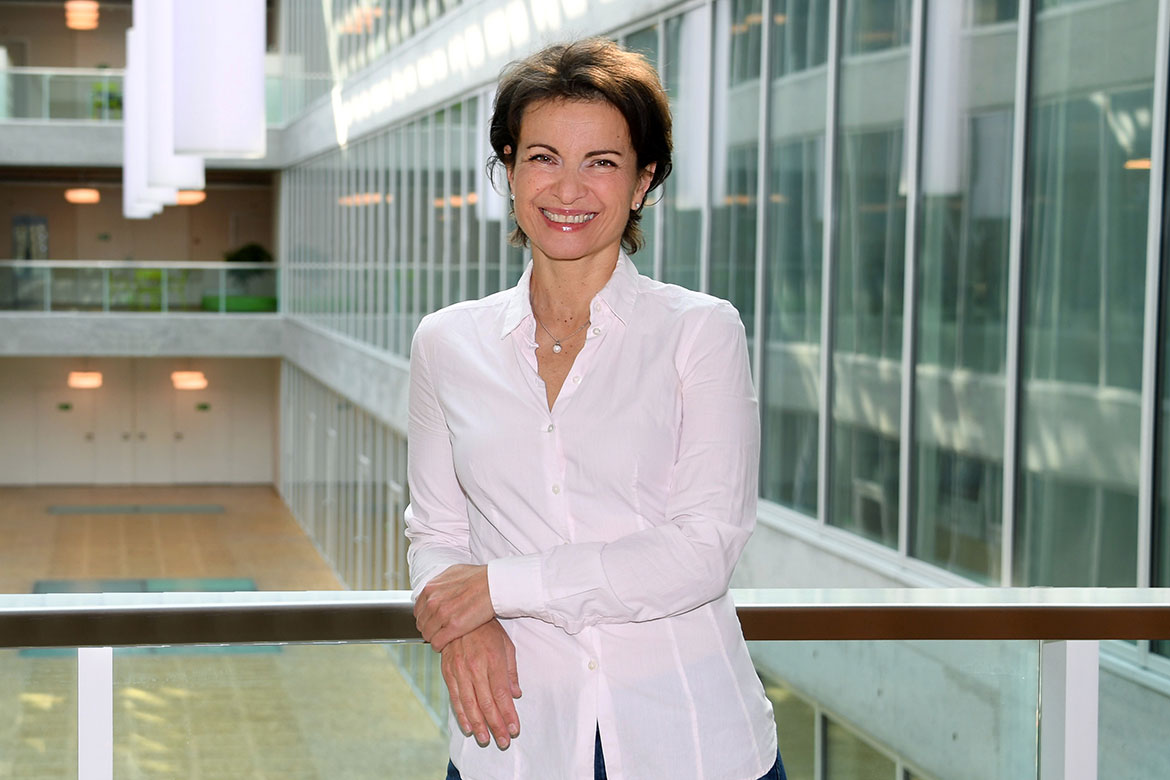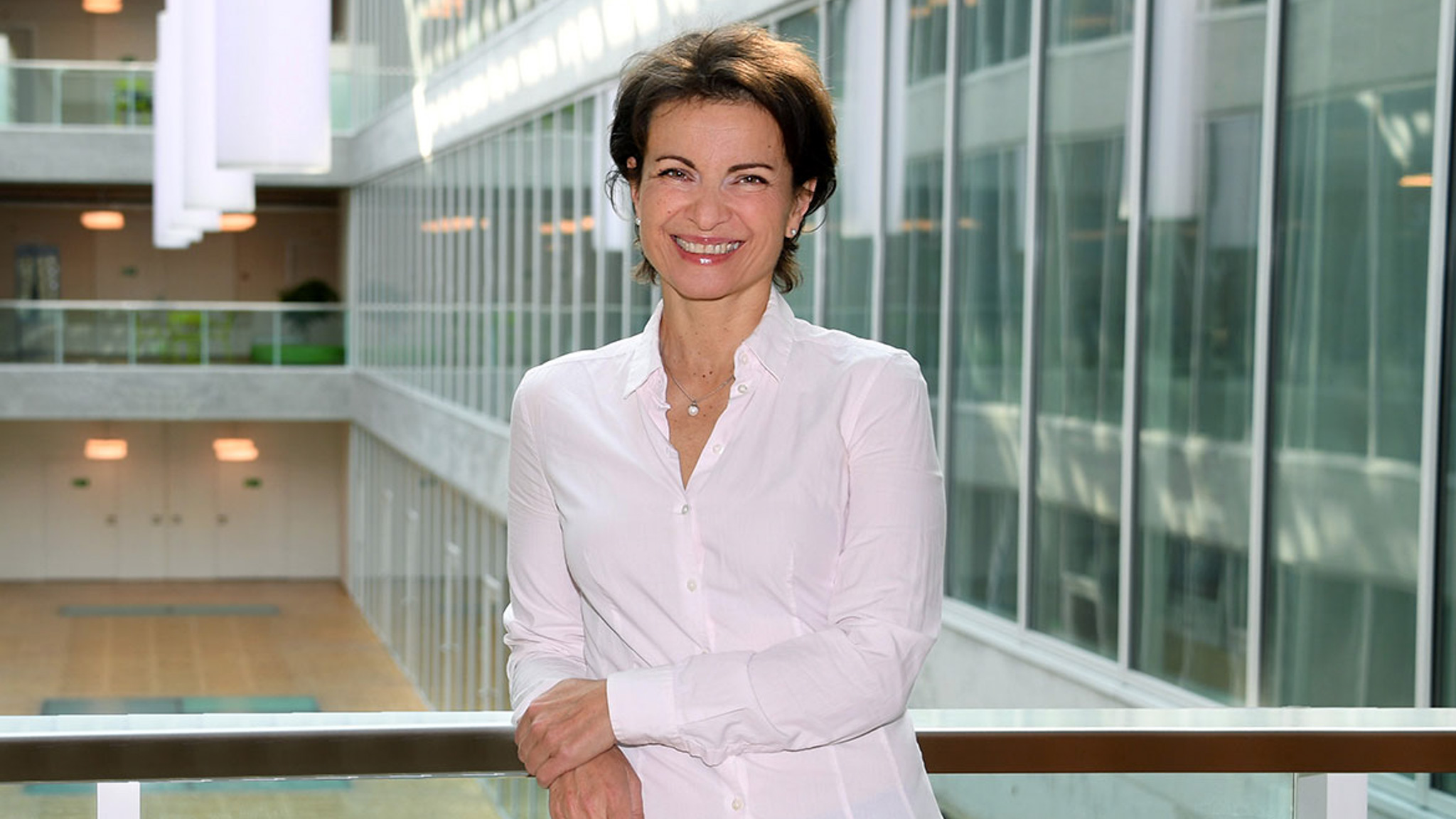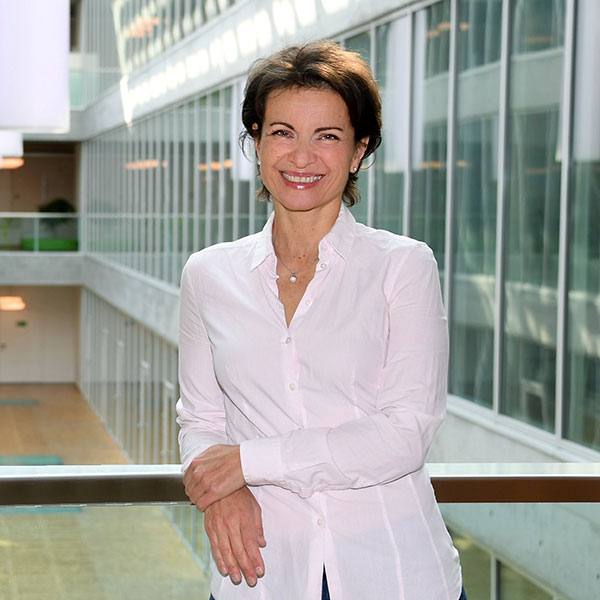COLUMN
Laura Bernardi: Avoiding human capital flight from Ukraine
Long-term support is needed if we’re going to protect research in Ukraine. Laura Bernardi, the Vice-President of the National Research Council of the SNSF, offers concrete suggestions.

“War does different kinds of damage to the world of research”, says Laura Bernardi, the Vice-President of the National Research Council of the SNSF. | Image: Université de Lausanne
If you look at Rubens’s painting ‘The consequences of war’ (1637–8) in the Galleria Palatina in Florence, you will recognise that Mars, personifying war, overwhelms three characters in his fury. They include a woman and a man holding a lute and compass, representing art and science, respectively. The power of this allegorical image is now being renewed by the return of war within Europe.
War does different kinds of damage to the world of research. First, individual scholars and their work are put at risk. Science is an international enterprise, and international solidarity has been established swiftly. The SNSF also acted very quickly, and has so far disbursed CHF 9,000,000 to support researchers fleeing the war in Ukraine. Such support is certainly crucial as an emergency solution. But could we do more, or better? Possibly, by addressing the longer-term consequences:
- We could support the preservation of data and physical infrastructure and their functioning. As a priority, we must offer to transfer and store digitalised data and physically irreplaceable collections of objects if we are to preserve them from destruction.
- We could support the reintegration of researchers who left during the war, and offer collaborations to scientists active in post-war zones. The current short-term support offered to researchers at risk may involuntarily produce a longer-term human capital flight that in turn could dramatically diminish research capacity in former conflict zones. Specific funding schemes could reduce such risks.
- We could continue working with scientists who oppose their government’s participation in the war. Several Russian scientists have condemned the war. The international community is divided between those who emphasise the need to support them, and those who call for an immediate interruption of any form of relationship. There are good reasons for the former position. For example, junior scientists are more vulnerable in such a situation, and encouraging them to stay in science means supporting the future of research.
- We could preserve research diversity to ensure that the pressure to increase military expenditure does not result in a selective reduction of investment in research fields unrelated to those regimes that are engaged in war.
When Mars wields his weapons, the consequences cast long shadows over the future of research. We need a clear policy of support for post-war research, if we are to dispel these shadows more quickly.




